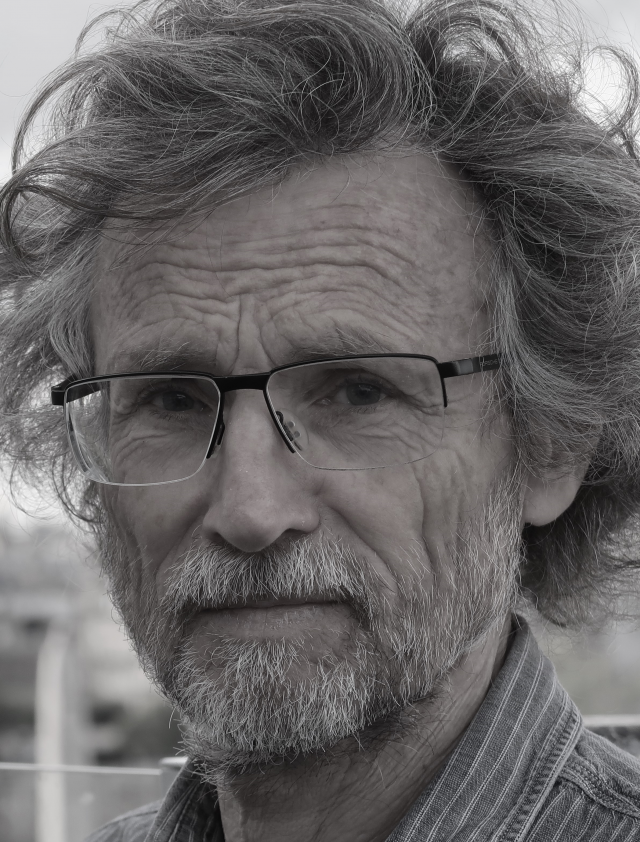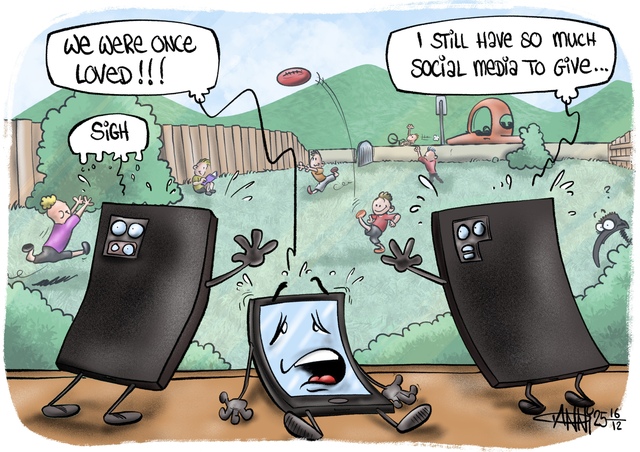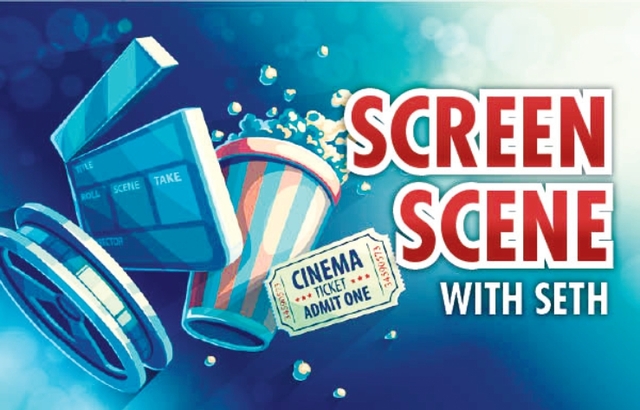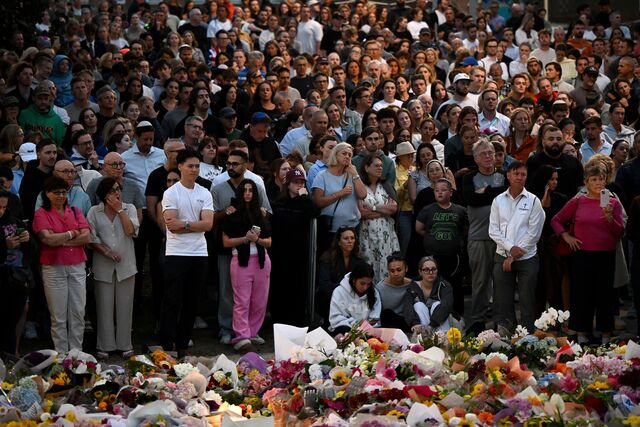“After listening to me read one day in a pub he said Kevin, don’t try to be a philosopher; you’re a poet”
According to Award-winning poet Professor Kevin Brophy AM, the advice given to him by Eric Beach left a lasting impression.
“He’s a wonderful poet, great performance poet, and great imagist,” he says.
“What that means for me is to come back to the actual, physical and sensual world, which is the world of poetry, not abstract ideas.”
Prof. Brophy, who teaches creative writing at Melbourne University and has published 15 books of poetry, fiction and essays, believes often there is no clear dividing line between writing poetry and literature.
“Particularly with English language poets, the line is an important rhythmic musical, breathing and even punctual aspect of poetry,” he says.
“In European poetry and French poetry in particular, there’s a lot more prose poetry. The dividing line —if there is one — becomes even more indistinct.”
He says writing poetry is a blend of intuition and choice, and a way for a poet to improve their craft through reading is to imagine what choices the writer was making.
“As they compose those lines, as they chose those words, as they ran those images into each other; What kind of thinking was going on behind that?” he says.
“It’s as Mary Kinzie has written: The poem is a series of choices. It’s good for a writer to remember that and try to read and understand what choices the writer is making.”
He advises not to ignore the intuition of writing and to be aware of when you are onto something special.
“Anybody who has a go at writing music, or writing poetry, or painting, or a creative art will find that every now and again, you get onto a roll,” he says.
“When you’re on a roll, there’s no point in thinking through why you’re making the choices you’re making.”
Prof. Brophy co-founded and edited the literary magazine Going Down Swinging, and says his life as a reader is integral to his life as a writer.
“I need to be reading poetry; I need to be thinking about poetry. I really think about the poetry I like, and the poetry I admire, and what they seem to be trying to achieve,” he says.
“I’m writing into a history of poetry, and writing into the conventions and also the inspirations that have come I’m upon other writers. I’m writing in the presence of other literature, I’m not just writing out of pure inspiration.
“Having said that, it needs to be in the background, it can’t be in the foreground because of course there’s a personal life. There’s a complexity of a history of emotions in my life and there are my yearnings and and the insertion of language into my spirituality.”
The advice he would give to an aspiring poet is “pick up an anthology book and work your way through it.”
“Pick up a contemporary anthology or as many contemporary anthologies as you can and look for poets whose work you like, then chase those poets up,” he says.
“It sets a benchmark; it validates what you’re doing and gives you some suggestions for thinking your way through the writing of a poem and techniques.”
You can find some of Prof. Brophy’s poetry in the Best Australian Poems 2004, 2006, 2007 and 2011 anthologies. He will also be a judge of the Woorilla Poetry Prize in Emerald.







